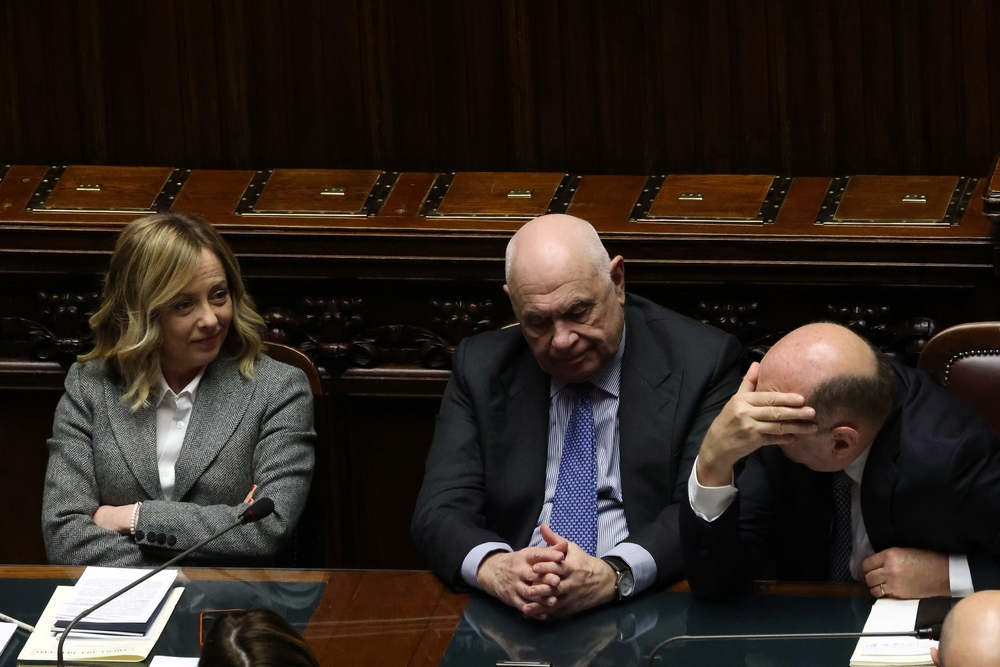Italian Justice Minister Carlo Nordio has dismissed claims by the National Magistrates’ Association (ANM) that the government is attempting to subordinate the judiciary to political power. Speaking to Il Corriere della Sera, Nordio called the allegations “folkloristic slogans” rather than logical arguments. He defended the government’s push for career separation between judges and prosecutors, emphasizing that such systems are standard in democratic countries. “In the UK and the US, they mock us for seeing this as a threat to judicial independence,” he added.
Nordio also addressed concerns about magistrates participating in public debates. Referencing remarks by Italian President Sergio Mattarella, Nordio highlighted that judicial engagement should remain within appropriate boundaries to preserve impartiality. “A judge who calls the Prime Minister dangerous loses all credibility,” he said. On allegations that reforms could overwhelm appellate courts with additional responsibilities, Nordio countered that recent parliamentary amendments were designed to provide more legal guarantees, not create unnecessary burdens.
Responding to accusations of political attacks on unfavorable judicial rulings, Nordio denied any such motives within the government. He expressed a desire for constructive dialogue with the judiciary. “There are no ‘unwelcome judges,’ just as, I hope, there are no ‘unwelcome politicians’ for judges,” he said. On broader reforms, including controversial autonomy laws, Nordio reaffirmed his alignment with the Constitutional Court’s rulings, asserting that as Justice Minister, his role is to support the Court’s interpretations of the Constitution.
Nordio also commented on Italy’s approach to combating organized crime. While he praised renowned anti-mafia magistrate Nicola Gratteri, Nordio argued against equating cybercrimes to mafia-related offenses. “The mafia is too unique to be assimilated to other crimes. If everything becomes mafia, nothing is mafia,” he said. Regarding recent violent protests, Nordio warned of the potential for unrest to escalate into terrorism, urging for swift and effective legal action. “All terrorism originates from unchecked violence,” he concluded.

